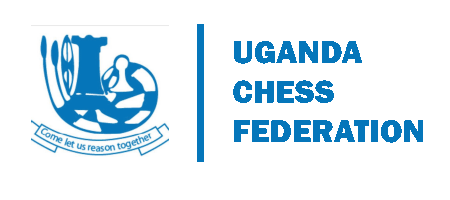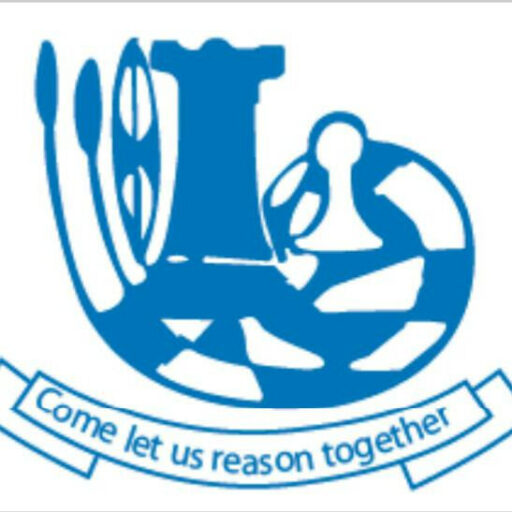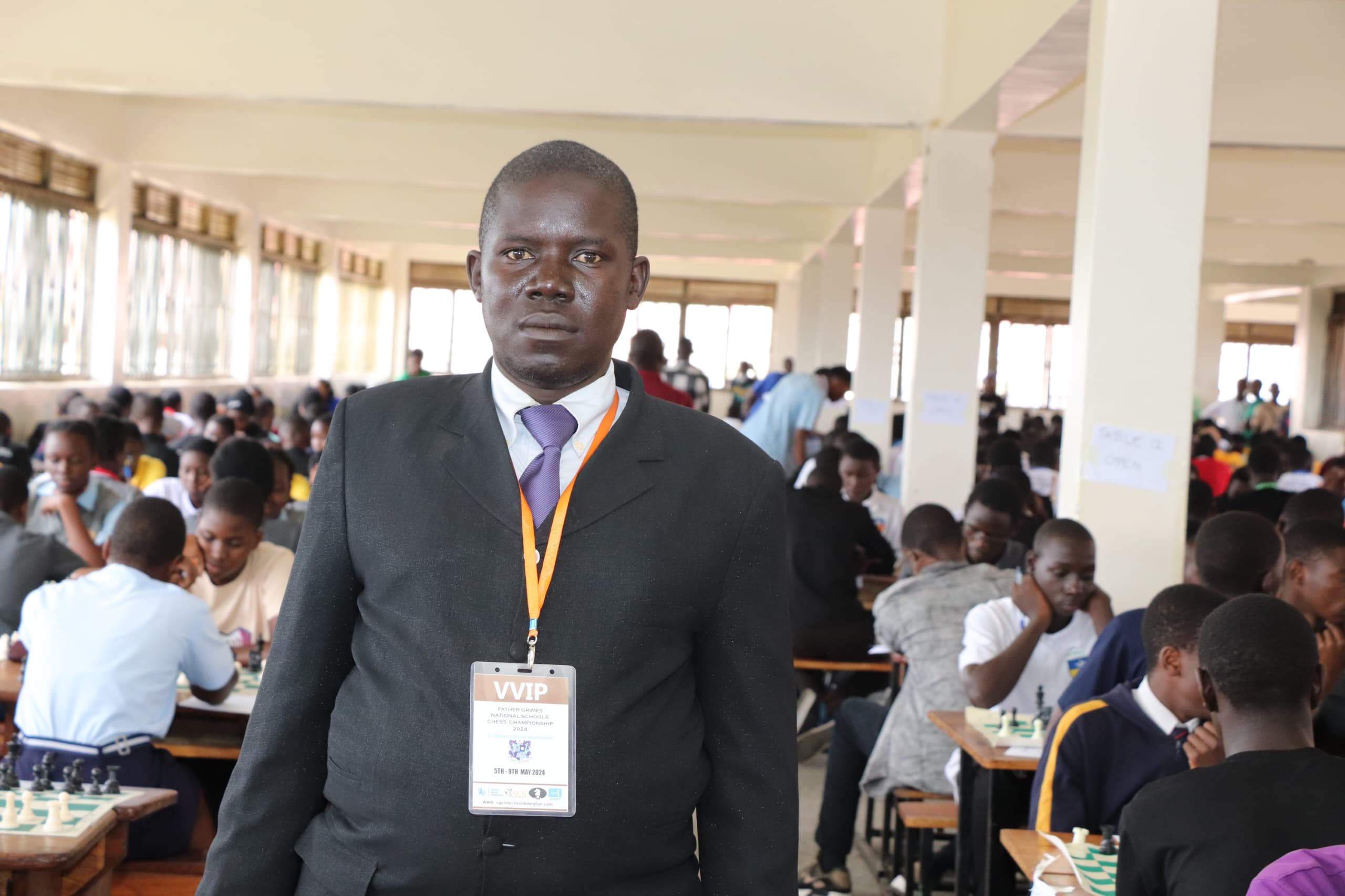
INTERVIEW WITH MUKE BRIGHT, CHAIRMAN CHESS IN SCHOOL -The Genius behind the Chess in Schools Program.
Interviewer: Samuel Were
Interviewee: Mr. Muke Bright
Subject: Growth and Impact of the Father Grimes National Schools Chess Championship and Chess in Schools Program
Date: 7th may 2025
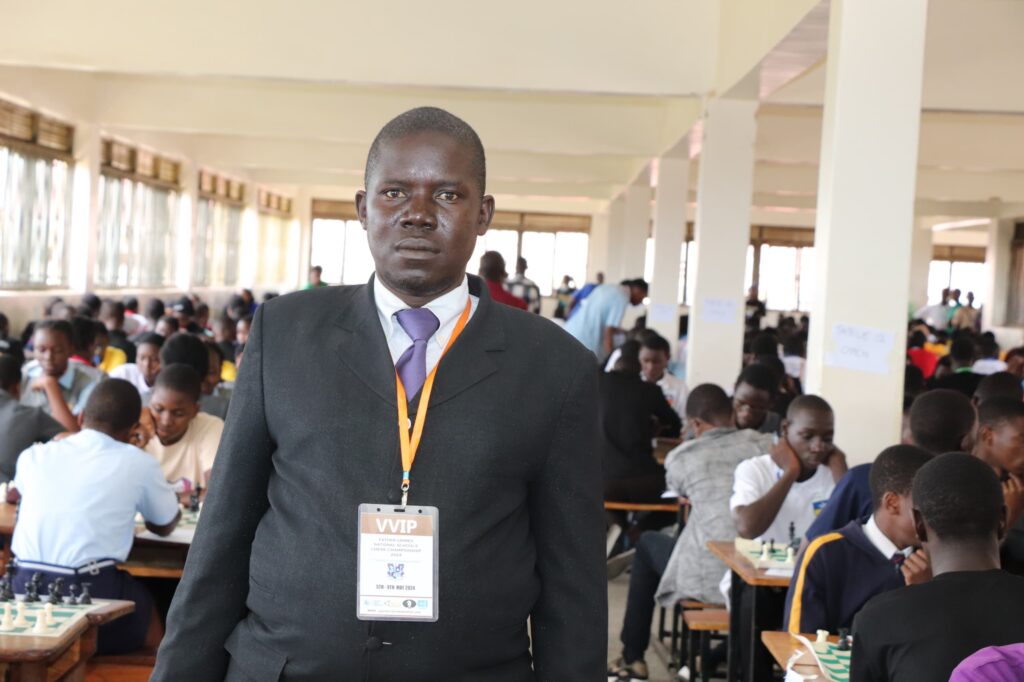
1. What does the Father Grimes National Schools Chess Championship mean to you personally and to the Chess in Schools program?
Muke Bright:
The Father Grimes National Schools Chess Championship is deeply personal to me. It represents a powerful platform where the dreams of young chess players are nurtured. When I first got involved, I sought to understand not just the mechanics of organizing chess events, but the historical context and how I could align my personal passion to make a lasting impact.
For the Chess in Schools program, this championship is the heartbeat. It motivates our efforts and provides an annual milestone that celebrates growth, talent, and the power of education through chess.
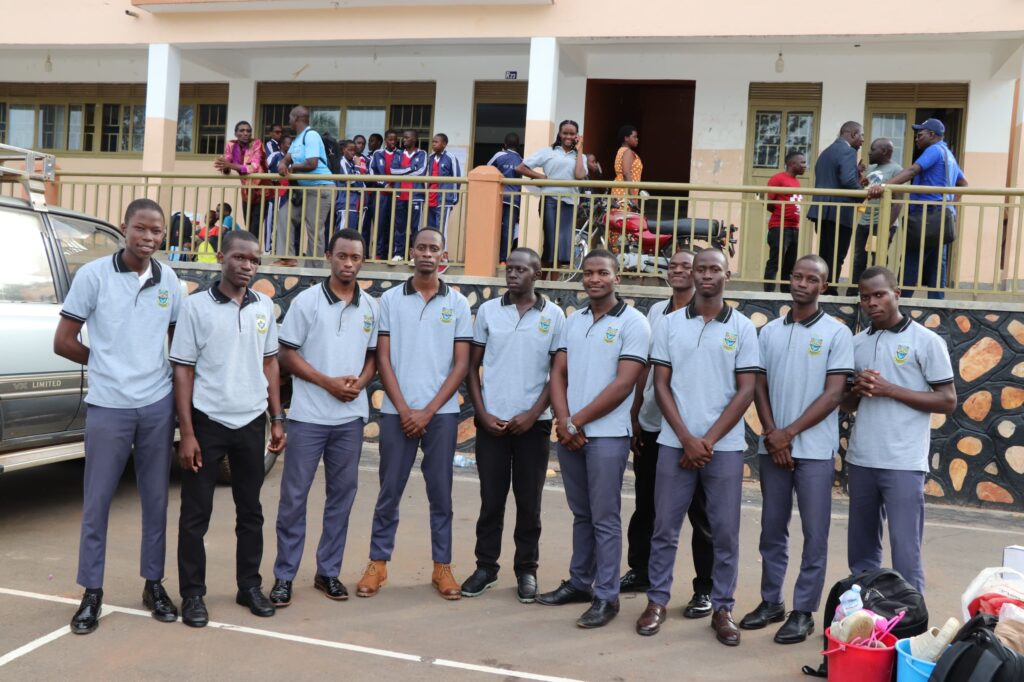
2. How do you see Father Grimes’ legacy reflected in today’s tournament and participants?
Father Grimes was a down-to-earth man with a genuine passion for young people. His legacy is evident in how this championship emphasizes youth empowerment. The quote “If you want to change the world, impact the youth” resonates throughout this event. Young players are inspired to become change agents, just like Father Grimes envisioned.
In 2017, the Uganda Chess Federation made a pivotal decision to honor his memory by officially naming this national event after him—a tribute to his life’s work and commitment to education through sport.
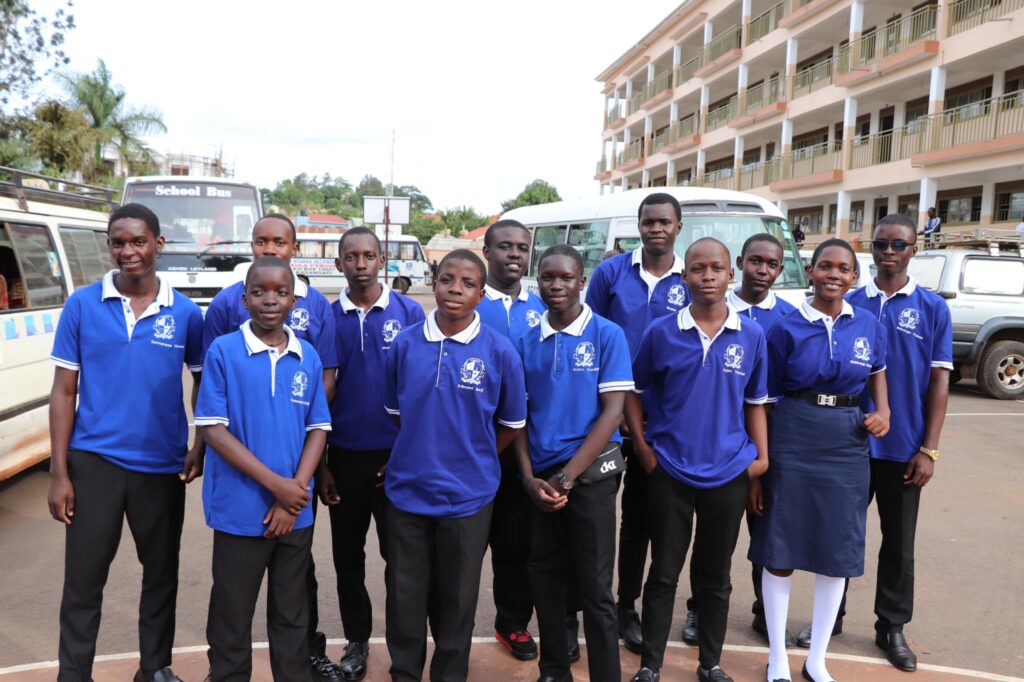
3. What impact has Chess in Schools had on students’ academic and personal development in Uganda?
Chess has transformed how students think and engage. It enhances vision, calculation, forward planning, and discipline. Beyond the board, students learn punctuality, respect, time management, networking, and sportsmanship. It develops not just players, but responsible individuals with strong cognitive skills and values.
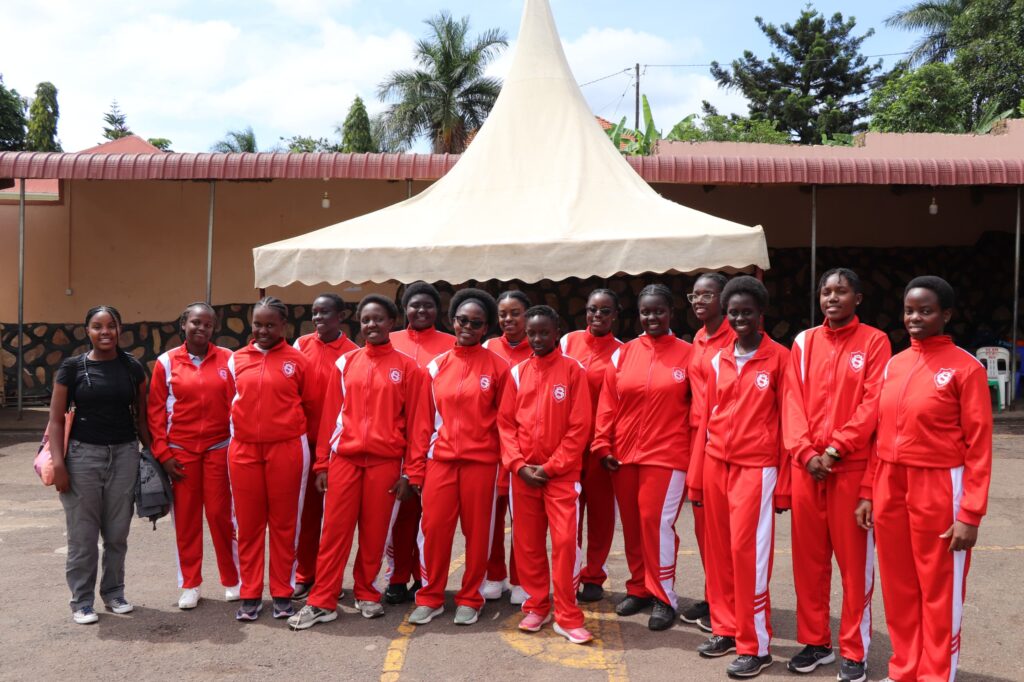
4. What are some of the biggest success stories to come out of the Chess in Schools program so far?
Since the launch of the Primary Schools Chapter in 2019, we’ve witnessed exponential growth in participation. One of the greatest success stories is Uganda’s ability to identify and groom talent that now competes internationally — in events like the World Schools Chess Championship, African Schools, and World Juniors.
Many of our top players today were first discovered through the Chess in Schools system. They’ve realized their potential because of consistent exposure through this national event.
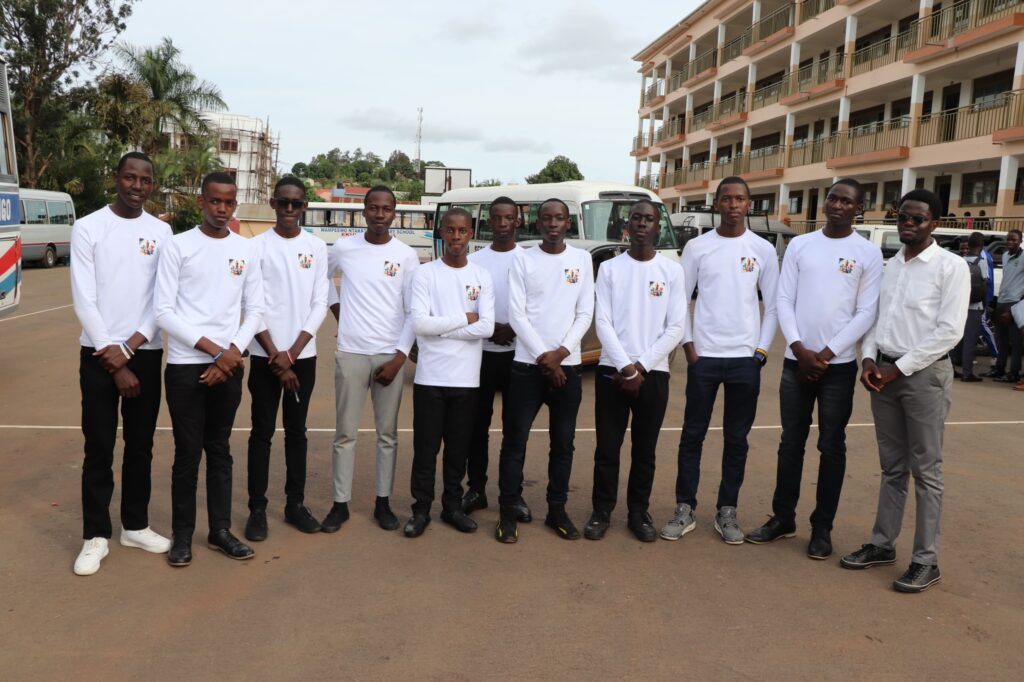
5. How are schools selected or prepared to participate in this national event?
We support schools by providing chess boards, connecting them with local trainers, and helping establish structured chess clubs. Many schools now have active clubs with over 20 players. Some have more than 100! players. Each year, we create over 1,000 FIDE IDs from the school system. This is evidence of how widespread and effective our reach has become. From these pools, schools can select competitive teams of five or six players to represent them nationally.
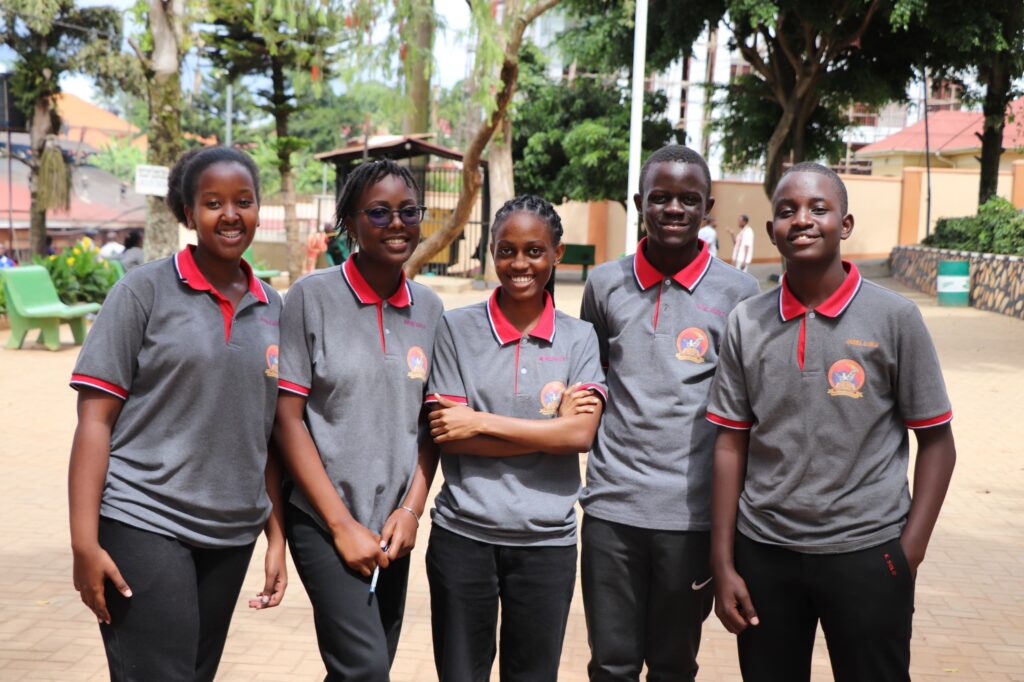
6. How do you ensure that chess reaches remote or undeserved schools, especially in rural areas?
Our approach is national. We are intentional about extending programs into all four regions of Uganda. For example, in Gulu, we went from 3 teams last year to over 14 this year. We’ve reached areas like Ntungamo, Mbarara, Soroti, and Lira. This shows our commitment to equitable development. We’re not centralizing efforts in Kampala but spreading chess to every corner of Uganda.
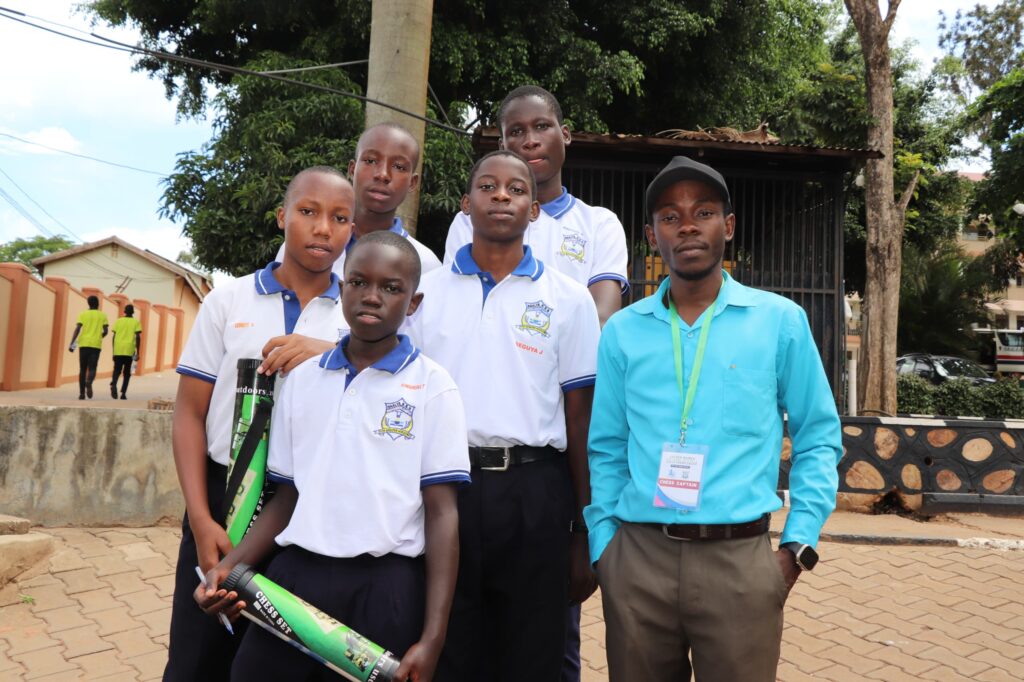
7. What challenges has the program faced, and how have you overcome them?
With growth come challenges—mainly in resources. There’s still a huge need for playing equipment like boards, clocks, demo boards, and digital tools. There’s also a shortage of trained coaches and tournament organizers in many areas.
However, we’ve made progress. This year alone, we’ve acquired over 300 chess sets and brought on many volunteers as coordinators and coaches. The model used in Central Uganda is now being replicated across other regions. We are confident that Uganda will soon boast a generation of young chess masters across all regions.
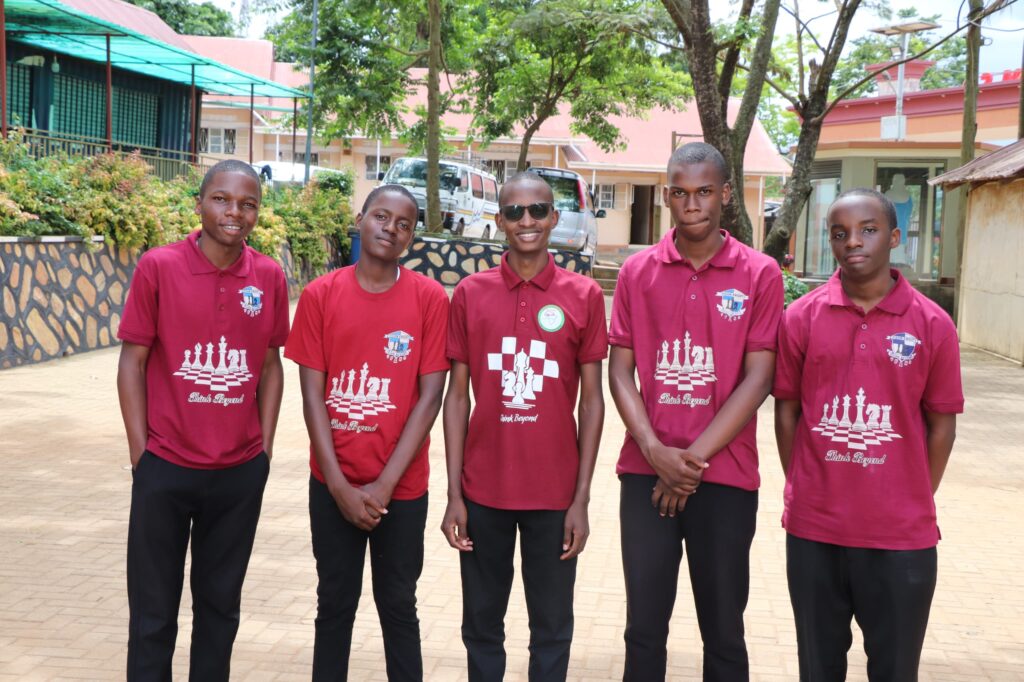
8. What role do you believe chess will play in shaping Uganda’s education system in the next 10 years?
Chess will be a key player in academic enrichment. We are already seeing the results—students excelling not only in competitions but in their academics and character. In 10 years, we envision thousands of students participating in international competitions, raising Uganda’s flag high globally. Chess will become an integral part of our education framework.
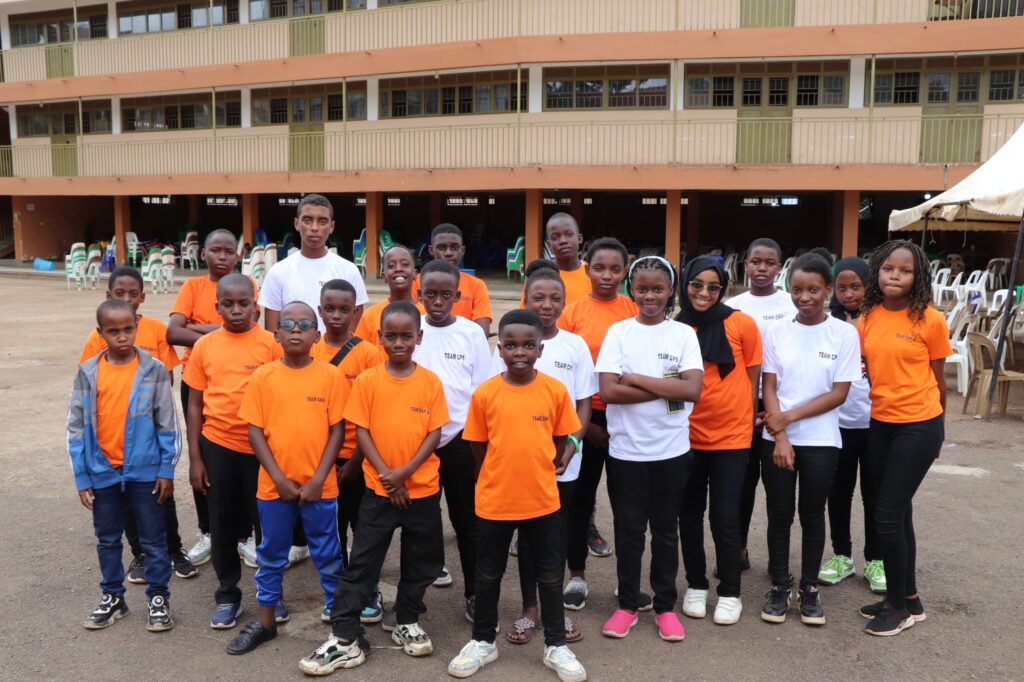
9. What support is still needed from government, schools, or the private sector to grow the Chess in Schools initiative?
We are grateful for previous government support and sponsorship, but more is needed. As we break past 1,000 active school players and aim for 2,000–3,000 soon, we invite partners—especially those in scholastic materials, technology, and food products—to support this initiative.
We want to conduct more regional tours, hold consistent tournaments, and provide long-term mentorship and development pathways for student players.
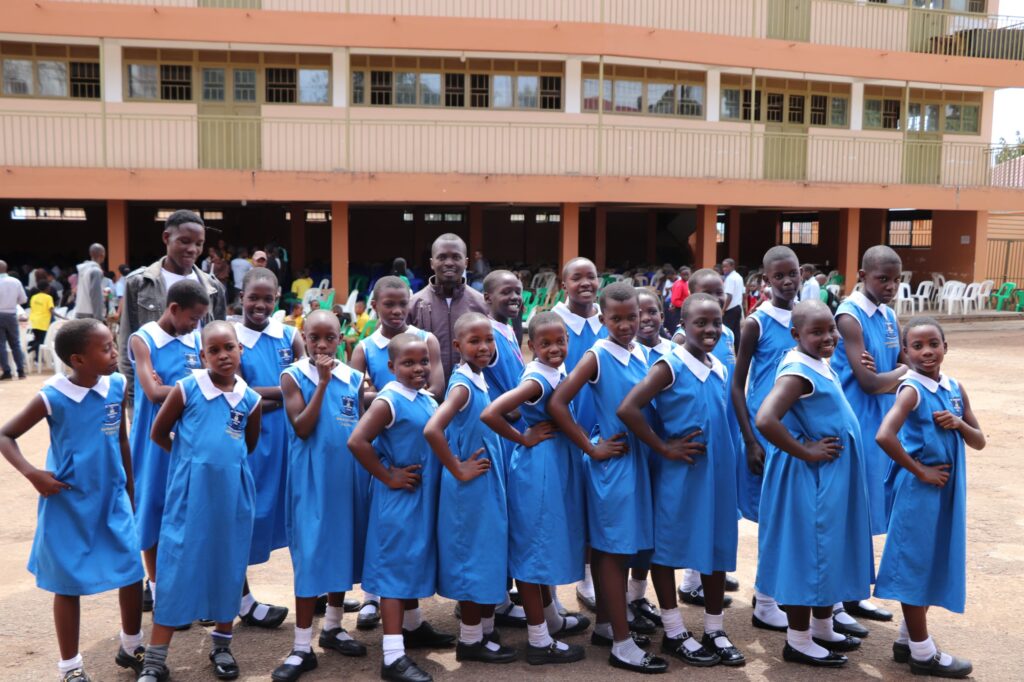
10. Any final words for young chess players taking part in this year’s tournament?
To all the young players: Chess is fun, intellectually engaging, and limitless in possibilities. Embrace it fully. Join chess clubs, build meaningful relationships, and use chess as a tool for growth. You have energy—use it to create positive change in your schools, communities, and beyond.
Let’s learn chess, and let’s reason together. The future belongs to you.
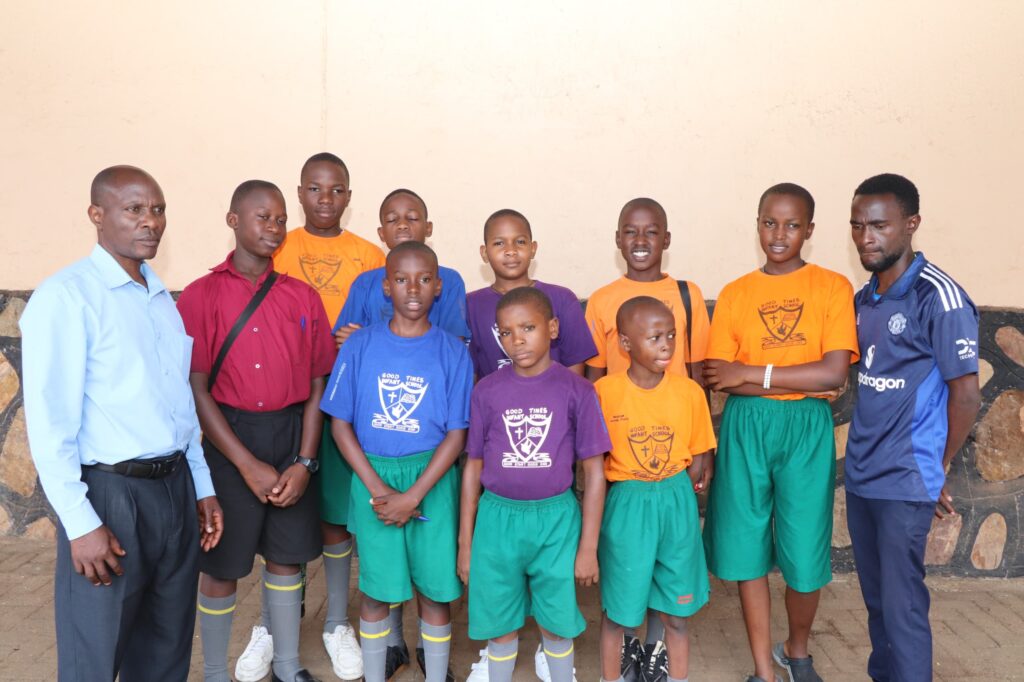
Note:
Mr. Muke Bright’s visionary leadership continues to drive Uganda’s chess revolution. His dedication, particularly to undeserved communities, has been a cornerstone in making chess a transformative educational tool in the country.
Credit: Samuel Were (Media Uganda chess federation)
